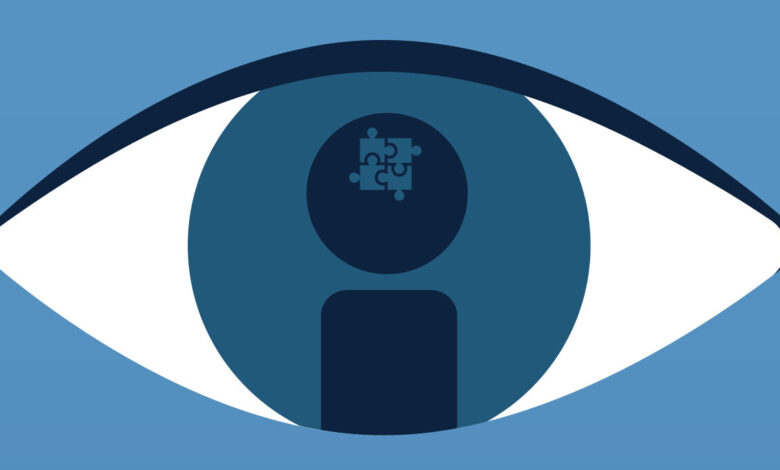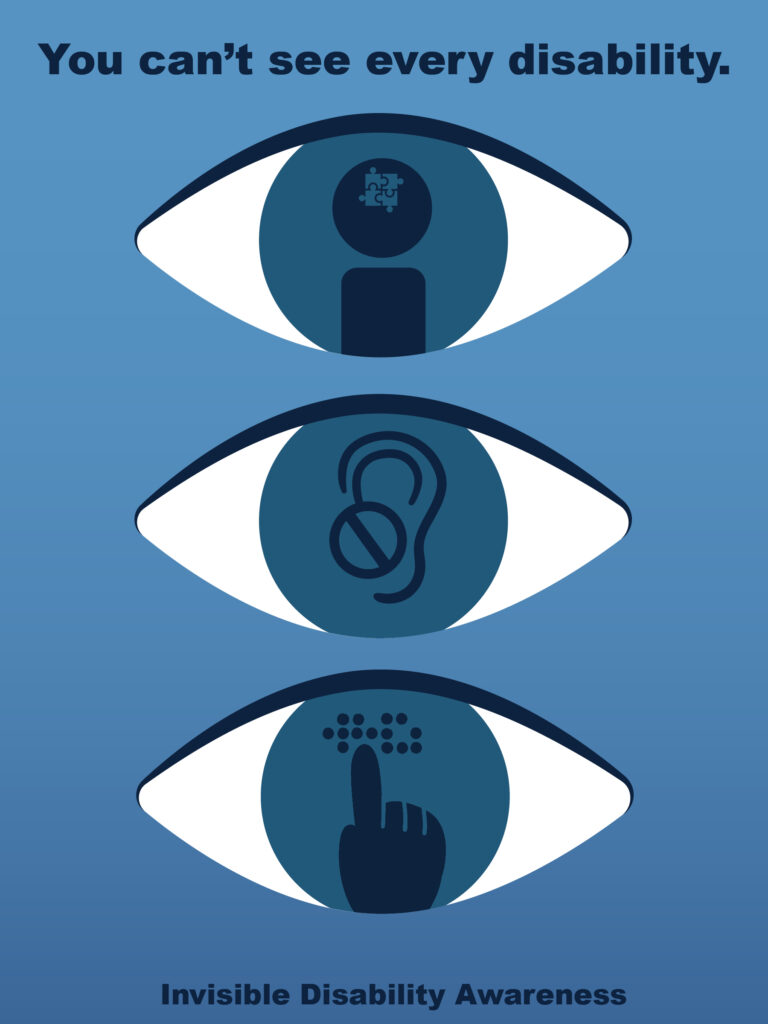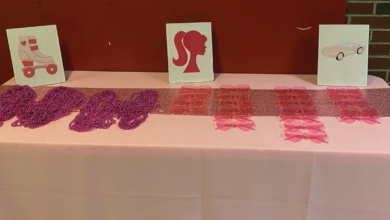
Unseen not unimportant: students acknowledge invisible disabilities
By Madison Lewis
INVISIBLE Disabilities Week began Oct. 20, highlighting disabilities that others do not always recognize.
The Invisible Disabilities Association defines this term as “a physical, mental or neurological condition that is not visible from the outside, yet can limit or challenge a person’s movements, senses or activities.”
Some Rider students face adversity in classes or other aspects of life because of their unseen disabilities. Student Accessibility and Support Services on campus help to accommodate their specific needs.
One student aided by the SASS office is senior psychology major Lex Wright, who uses they/them pronouns. Wright has postural tachycardia syndrome, commonly known as POTS, hypermobile Ehlers-Danlos syndrome and mast cell activation syndrome.
Wright’s POTS makes their blood pressure drop, leaving them prone to passing out. Additionally, hEDS makes Wright’s joints dislocate and MCAS causes allergies on a temporary basis.
Wright has accommodations where they cannot be marked down for missing class or going to the bathroom.
Though they have an accommodation, Wright still faces adversity in their dorm and on their way to classes.
The Moore Hall dorm elevators, along with those in the Fine Arts building, often malfunction, according to Wright.

Junior graphic design major Hannah Wallace has attention deficit hyperactivity disorder and struggles to complete assignments as a result.
“I constantly forget work assignments … meetings I have with teachers or friends … I forget food in my fridge … if I am not actively reminded that it is there,” said Wallace.
Wallace felt that her disability was overlooked because she did not follow the stereotypical traits of ADHD and continues to feel like she is at fault.
“Looking back, I’ve been dealing with [ADHD] my whole life and I’ve never realized, and I thought that it was a failing on my part,” said Wallace. “I am only recently learning how to treat myself with more understanding and respect.”
Senior English major Maura Corman has generalized epilepsy and is at risk of seizures; however, she has been medicated since she was 11 years old.
Staring at the computer for hours straight in class is difficult for Corman because she gets headaches and migraines. She then has to drive home at night because she is a commuter, but LED lights agitate such issues.
“[The epilepsy is] more of an annoyance and an everyday frustration,” she said, “I am insecure about it … I know it is not that bad compared to visible disabilities and some invisible disabilities.”
Despite their struggles, the three students pursue their educational goals: Wright being a grad student, Wallace holding an internship recently and Corman serving on the executive board for Venture.
“The invisible disabilities matter too, and they are very real,” said Wright.
Rider SASS can be contacted for support on campus at 609-895-549, or students can visit its office in the Bart Luedeke Center, Suite 20.



